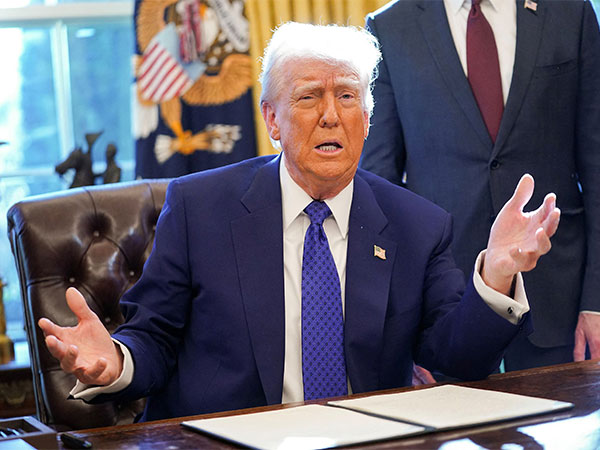Trump's Tariff Impact: From Market Volatility to Federal Changes
Amidst fluctuating markets and governmental reforms, President Trump's tariffs are influencing both consumer goods and federal operations. Used car prices have surged due to tariffs, the Treasury Department anticipates significant revenue from tariff collections, and sweeping federal workforce changes are underway, reflecting the broader impacts of Trump's policy decisions.

President Donald Trump's tariff policies are steering significant changes in the U.S., affecting everything from consumer prices to federal employment. A notable consequence is the dramatic surge in used car prices, highlighted by a key market indicator showing its largest annual increase in nearly three years, underscoring the broader market volatility.
Additionally, Treasury Secretary Scott Bessent projects that tariff revenues could reach $300 billion by 2025. This estimation reflects the accelerated collections from Trump's trade initiatives, including new and increased duties on various imports, which are reshaping the economic landscape.
Beyond economic impacts, Trump's policies are also influencing federal employment. A Supreme Court decision has cleared the path for mass governmental job cuts, illustrating the sweeping administrative changes under the current administration. These developments paint a picture of significant, widespread impacts stemming from tariff implementations.
(With inputs from agencies.)
ALSO READ
ICRA Report: Geopolitical Tensions and Market Volatility Threaten India's Economic Growth
Market Volatility: Stocks Tumble Amid Key Legislative Developments
FPIs Show Cautious Optimism Amid Market Volatility
Titan Jewellery's Stellar Growth Amid Market Volatility
Supreme Court Allows Trump's Federal Workforce Overhaul










